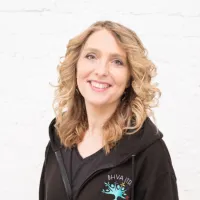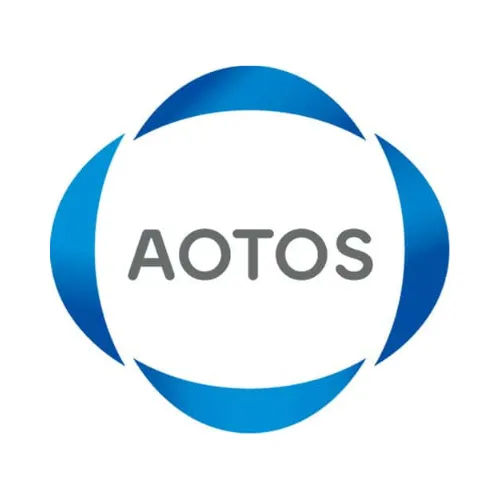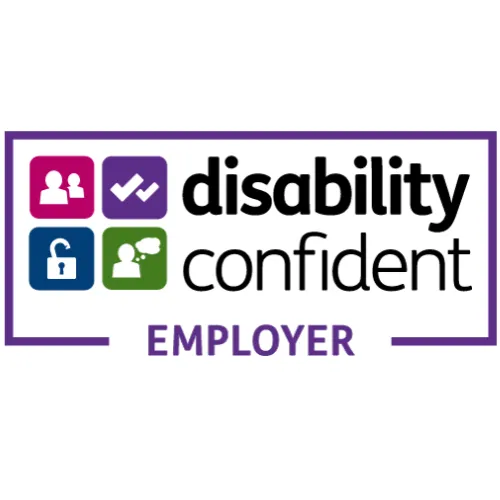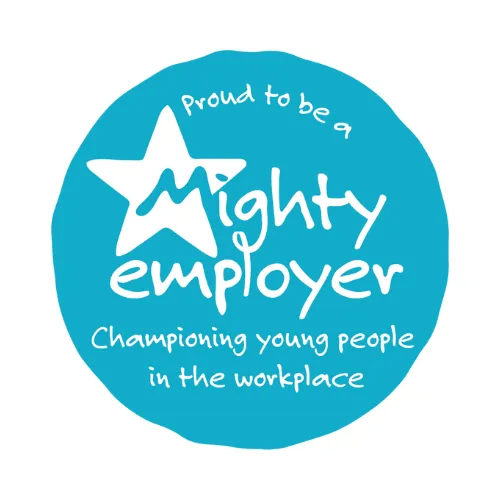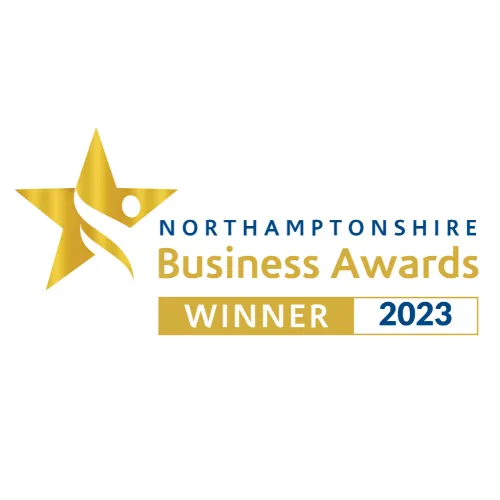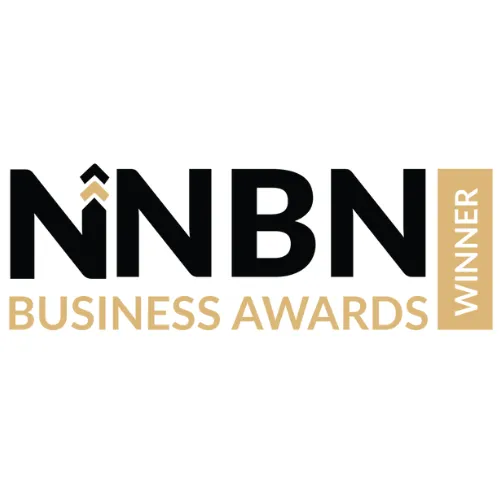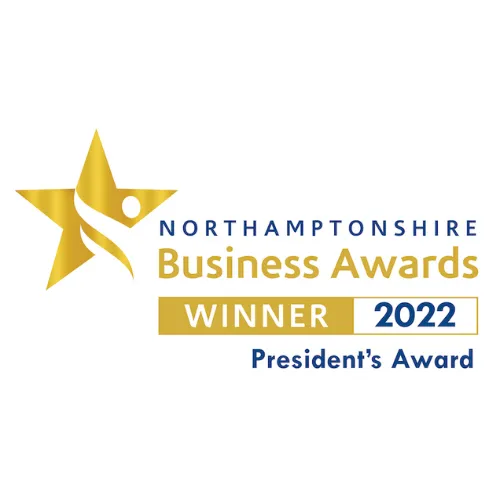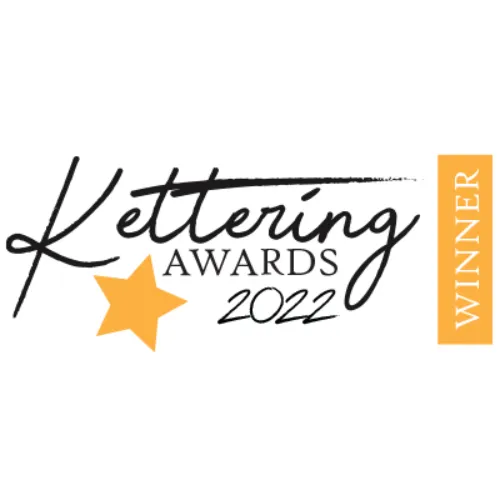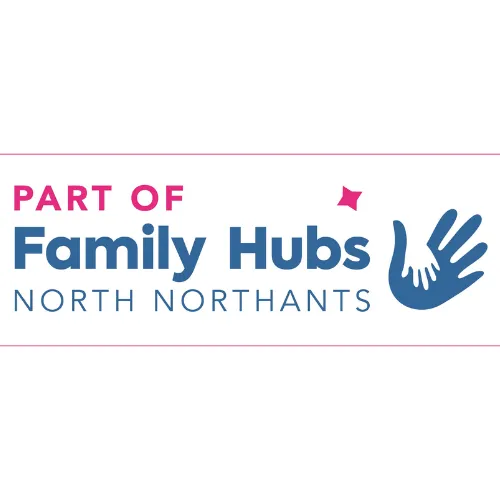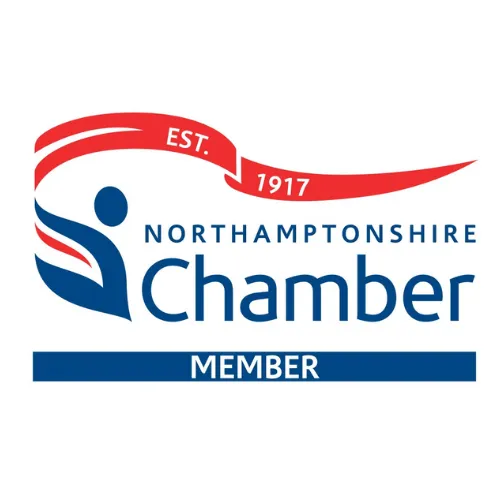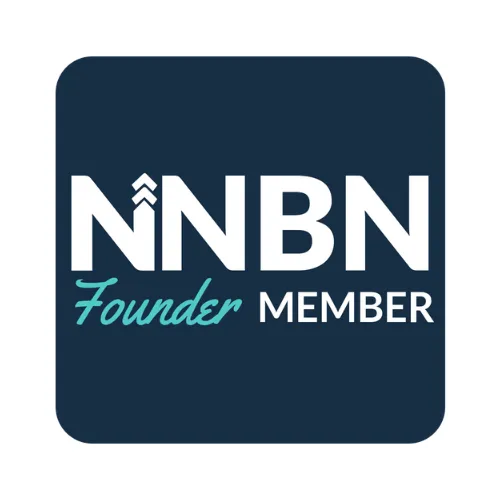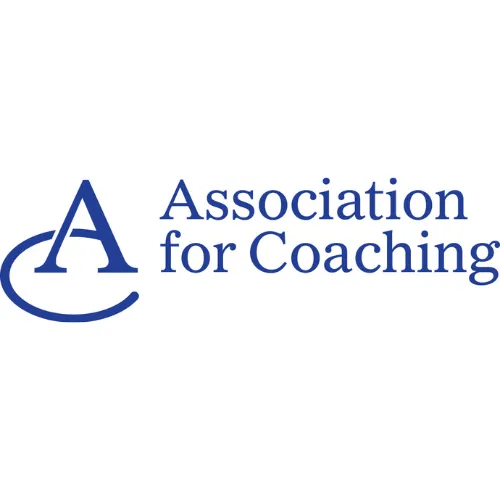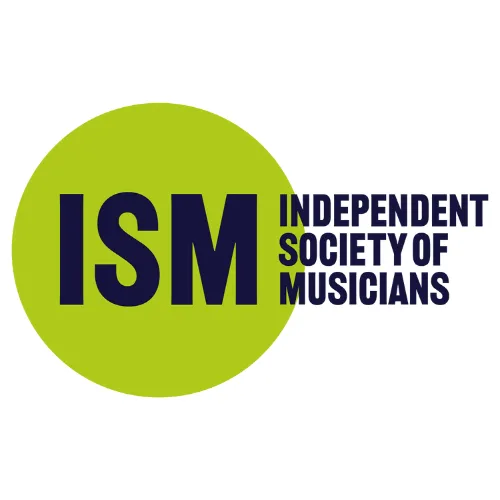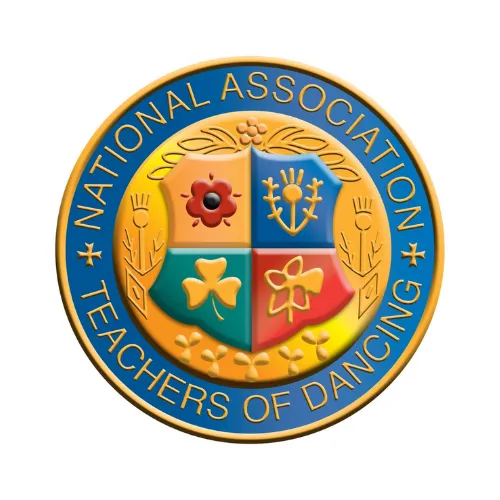Welcome to our Learning Hub
Empower Your Curiosity
Insights, Stories, and Tips for the Inquisitive Mind
Our Story and Mission
Our journey began in the vibrant world of creative arts, a path that has not only shaped us as artists but as leaders, educators, and advocates. Through the arts, we discovered powerful skills — creativity, communication, resilience — that transcend the studio and stage, enriching our lives in education, business, and community leadership. Inspired by our own transformation, we're dedicated to unlocking this potential in others. Our mission is to guide individuals in exploring their creative talents, developing their personal and professional skills, and empowering them to lead and inspire in all aspects of their lives.
Our ethos is simple – everyone has a story to tell, a song to sing, or a dance to share. We believe in the transformative power of the arts to enrich lives and communities. By making arts accessible to all, we aim to foster confidence, creativity, and a sense of belonging.
So, dive in! Explore, learn, and let us know if there's something specific you're curious about. We're here to help, one post at a time.
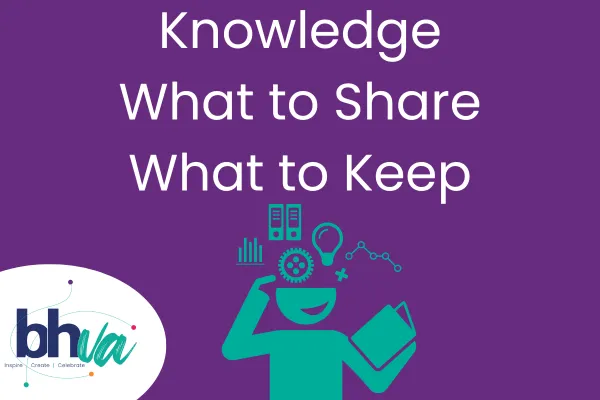
Knowledge - What to Share, What to Keep
Share, Guide, and Empower
As coaches and mentors, especially in the creative arts, there’s a common misconception that we need to unload all of our knowledge onto our students.
However, true teaching isn’t about showing off what we know—it’s about helping others discover their own path. Here, Beccy and Lindsey, are diving into why it’s so important to balance what knowledge to share and what to hold back.
The Power of Curiosity

It’s easy to overwhelm students with information, leading to confusion or even discouragement. Instead of dumping knowledge, our role is to ignite curiosity.
When we provide all the answers, students miss the chance to ask their own questions and embark on a journey of self-discovery.
Our goal should be to open doors and let students take the steps through them.
Tip 1: Guide with Questions
Rather than giving direct answers, ask open-ended questions like, “What do you think could happen next?” or “How might this choice impact the outcome?”
This encourages students to think critically and develop their own insights.
Empower, Don’t Overwhelm

When a student comes to you seeking all the answers, it’s essential to gauge how much knowledge they’re ready for.
Ask them:
“Do you want to understand how this works, or just improve your skill?”
This allows you to tailor your response, ensuring you're empowering them rather than overwhelming them.
Tip 2: Offer Choice, Not Certainty
Provide a range of solutions without dictating the "right" one.
Let them experiment and reflect on what works best for them, remembering this may not be the same for every person.
Creativity thrives when students explore and experience the process firsthand.
The Danger of Being “All-Knowing”
Beware of anyone who claims to have all the answers.
Learning is an ongoing journey, and as mentors, we should model that openness.
It's okay to admit when you don’t know something—better yet, invite the student to find the answer with you.
Tip 3: Encourage Collaboration
When students see you as a fellow learner, it boosts their confidence and helps them understand that it’s normal not to have all the answers right away.
Reflection and Growth

Students need space to process and reflect on their experiences.
If we continually provide solutions, they’ll miss out on that valuable internal work that leads to long-term growth and creativity.
The arts, in particular, are subjective, and allowing students to explore their own interpretations is key to their development.
Tip 4: Promote Reflection
In sessions, encourage students to think back on what they've learned:
“Why do you think that worked?”
or
“What would you change next time?”
Reflection helps solidify learning and empowers students to become independent thinkers.
Takeaways: Let Knowledge Empower, Not Intimidate
Ask more questions to spark curiosity and critical thinking.
Tailor your teaching to the student’s needs—don’t overwhelm them with too much too soon.
Encourage exploration by giving options, not definitive answers.
Embrace the unknown and model lifelong learning.
Foster reflection to help students internalise their progress.
At the end of the day, our role as mentors is not to be the fountain of all knowledge, but to help others unlock their own potential.
So, the next time you’re tempted to share it all, ask yourself: Am I empowering my students to discover their own path?
Let us know how these strategies work for you, or reach out if you want to chat more about this process. Learning is a journey for all of us!
Sign Up to BHVA Insights
Catch the latest on events, offers, and fresh ideas.
All delivered to your inbox every fortnight.
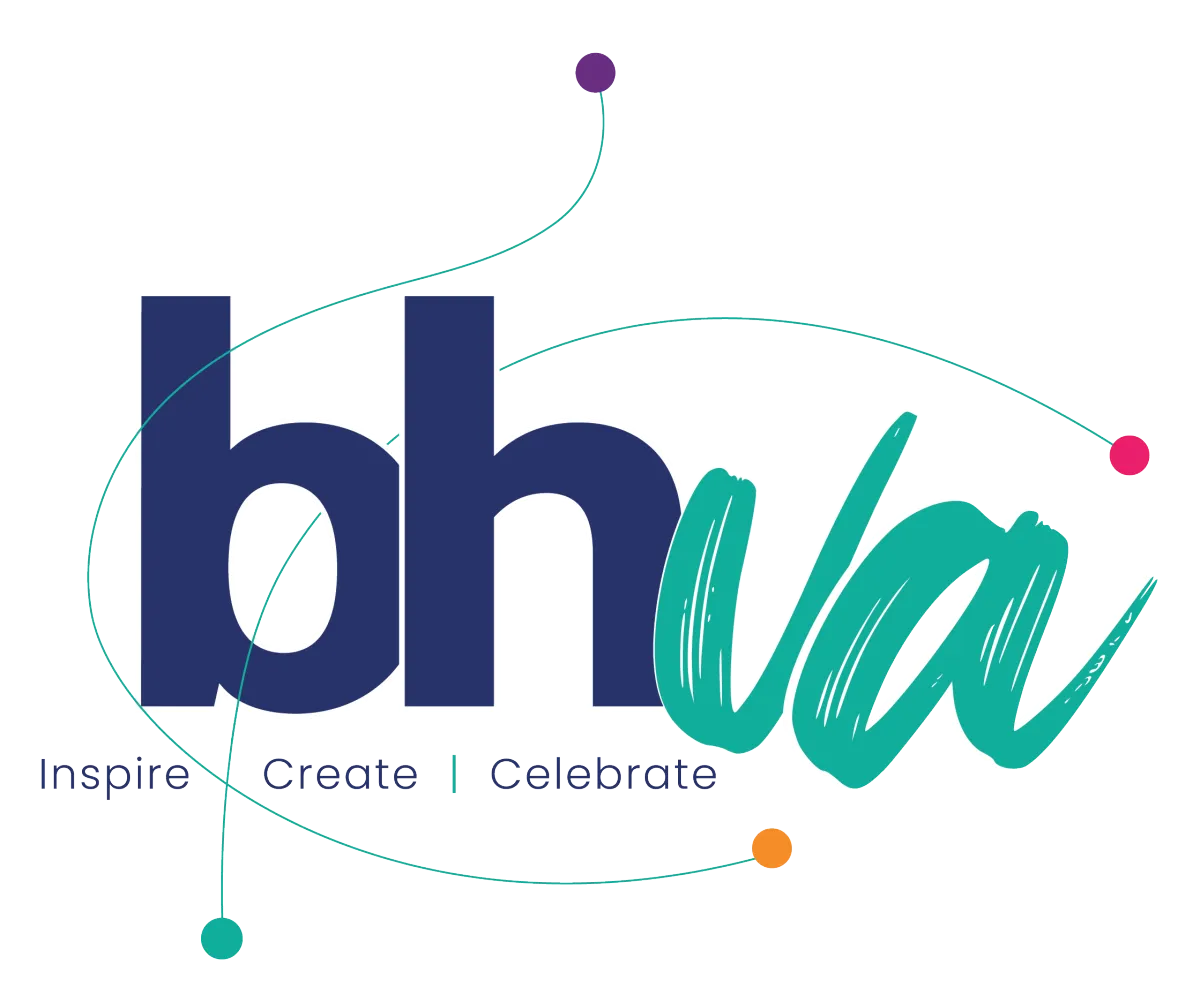
Beccy Hurrell Voice & Arts Limited is registered in England. Company No: 13263202. Registered office: 10 Kirby Street, Kettering, NN15 5GR
